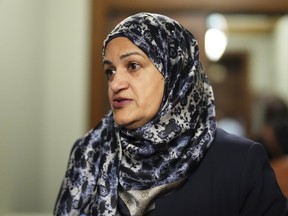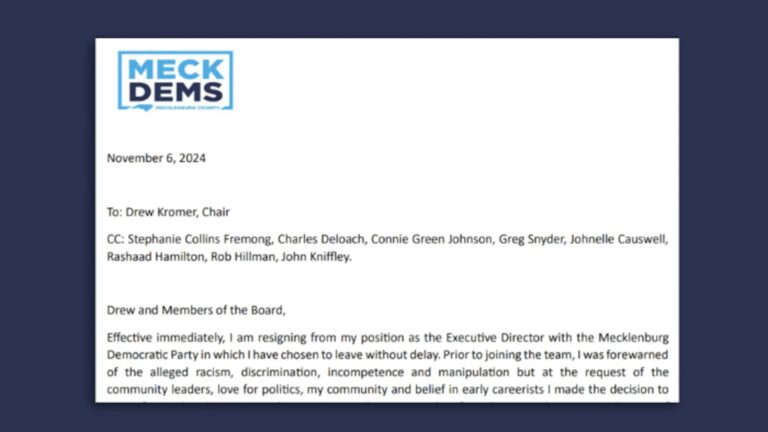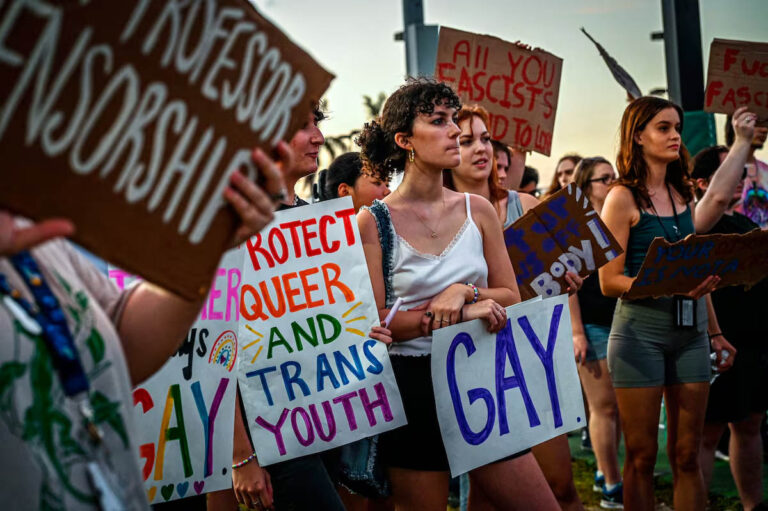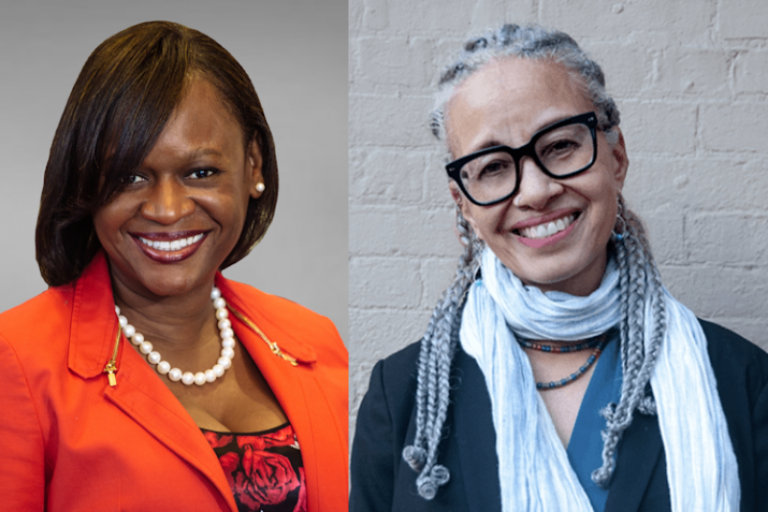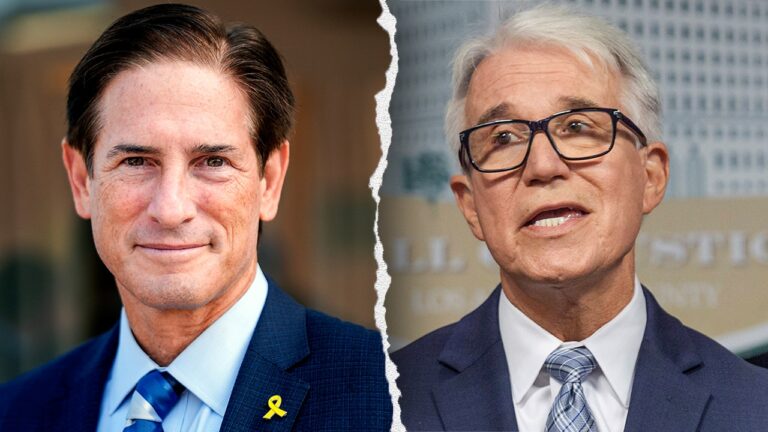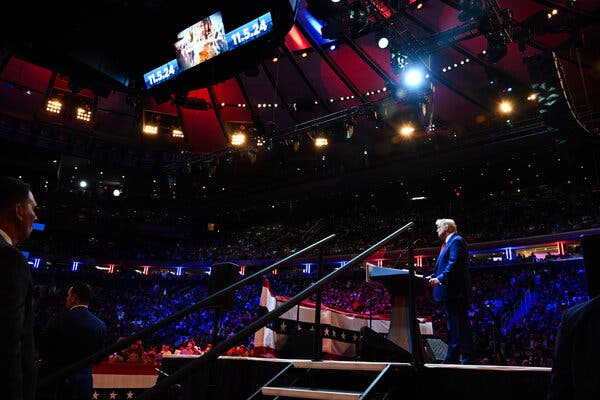Jewish Groups Address Anti-Palestinian Racism Amid Israel Tensions
Addressing Anti-Palestinian Racism: Jewish Groups in Focus
In today’s world, where division seems to flourish, the discourse surrounding the Israeli-Palestinian conflict has become more nuanced and multifaceted. While tensions often fuel discussions, there are growing calls from within Jewish communities to confront not only anti-Semitism but also anti-Palestinian racism. It’s a pivotal moment for dialogue that could bridge gaps rather than widen them. Let’s dive deeper into how Jewish groups are addressing these immensely sensitive issues amidst the ongoing tensions.
The Complex Landscape of Israeli-Palestinian Relations
To understand the current climate, it’s essential first to acknowledge the intricate history that fuels feelings and divides on both sides. The Israeli-Palestinian conflict isn’t merely political; it’s deeply interwoven with identity, culture, and emotions. For many Jews, Israel is a homeland, a sanctuary borne out of centuries of persecution. On the flip side, Palestinians view the land as their ancestral home, with a longing for dignity, rights, and a future free from occupation. Isn’t it tragic how two narratives that seek belonging often clash instead?
Who’s Speaking Up?
In recent times, several Jewish organizations have stepped forward, emphasizing that racism in any form, including anti-Palestinian sentiment, should have no place in society. These groups recognize that while the Jewish community has historically faced persecution, this does not excuse the perpetuation of discrimination against others. Some notable organizations leading this charge include:
-
The Anti-Defamation League (ADL): Historically focused on combatting anti-Semitism, the ADL has begun expanding its scope to address hatred directed toward Palestinians.
-
Jewish Voice for Peace (JVP): This grassroots organization frequently advocates for Palestinian rights, emphasizing that supporting one right doesn’t negate the need to protect another.
-
The New Israel Fund (NIF): Initiated to strengthen Israeli democracy, the NIF also works towards equitable treatment for all of Israel’s citizens, regardless of their origin.
The emergence of these voices creates a rich tapestry in the conversation about race and identity in the context of the Israeli-Palestinian conflict. It raises questions: Why is it essential for Jews to address anti-Palestinian racism? What impact can this have on the broader conversation about peace and coexistence?
The Need for Intersectionality
If we take a moment to ponder, isn’t intersectionality the key to understanding today’s societal challenges? The interplay between various forms of oppression can be illuminating. In this case, the acknowledgment by some Jewish groups that there’s a line between righteous support for Israel and unwarranted racism against Palestinians is crucial. They argue that understanding racial inequality and violence against Palestinians is not only a moral obligation but also an essential component of Jewish values.
Shifting Perspectives
Historically, the struggle of various groups—including racial minorities, immigrants, and oppressed communities—has sparked solidarity among different social justice movements. Understanding shared struggles is a powerful tool that can help ease tensions rather than inflame them further. Here are some fresh perspectives that Jewish groups offer in combatting anti-Palestinian racism:
-
Empathy in Action: By recognizing the humanity in those we view as ‘the other’, we step into a space where empathy and compassion thrive. Do we really need to establish hierarchies of suffering?
-
Community Building: Reaching across divides fosters understanding. By creating alliances with Palestinian advocates and their struggles, Jewish groups can cultivate enriched conversations rather than defensive stances.
-
Education & Awareness: Sharing personal narratives can humanize statistics and events that often seem detached from our lives. We can learn so much from each other’s histories and experiences if we only take the time to listen.
Challenges Awaiting
As necessary as these discussions are, they come with their own host of challenges. For Jewish groups addressing anti-Palestinian racism, there can be backlash from within their own communities. Calling out racism directed toward Palestinians can be seen as controversial, even heretical. It raises the question: How can an individual stand firm on their convictions when faced with community resistance or backlash? Facing adversity often requires courage, yet the stakes are incredibly high.
Exploring Internal Struggles
Inside Jewish communities, there’s a spectrum of opinions regarding the Israel-Palestine issue. Some may insist on unwavering support for Israel regardless of its actions, while others call for a critical examination of how these actions may fuel racism against Palestinians. This internal division complicates the effort to address anti-Palestinian racism.
Here’s a thought to ponder: How can organizations navigate a path that nurtures unity while grappling with diverse beliefs? The answer lies in fostering environments where healthy debate can occur, allowing individuals to express concerns without vilifying differing opinions.
A Call for Broader Solidarity
As we look at the trends and challenges among Jewish organizations, there’s a hopeful undercurrent. Increasingly, we see instances of solidarity between Jewish and Palestinian activists. This collaboration can lead to innovative approaches for advocating for justice and peace in the region. By standing together, these groups send a powerful message: that bigotry against any group must be challenged.
-
Promoting Dialogue: Peaceful discussions can allow for diverse perspectives while fostering a sense of shared humanity.
-
Joint Advocacy Efforts: Collaborative events and initiatives can highlight the shared struggles faced by both communities, showcasing their resilience and unity.
-
Storytelling Initiatives: Sharing personal stories can break down barriers, offering a glimpse into the lived experiences of others.
The Role of Education and Awareness
Education is critical to addressing underlying prejudices. Educational initiatives that inform both Jewish and Palestinian communities about their shared histories can foster compassion and understanding. We might ask ourselves: How can we shift the narrative from one of ‘us vs. them’ to ‘together towards a better future’?
Embracing the Path Ahead
The road ahead requires a commitment to ongoing learning, listening, and evolving. By embracing conversations about anti-Palestinian racism, Jewish groups are not just advocating for one community—they are enriching the fabric of society as a whole. Engagement, understanding, and mutual respect should be the guiding principles.
Conclusion
As the tension surrounding the Israeli-Palestinian conflict continues to rise, so too does the necessity for honest dialogue surrounding anti-Palestinian racism. Jewish groups stepping up to confront these issues signal a significant shift in narrative. Rather than retreating into their identities and dismissing others’ suffering, they’re advocating for recognition, empathy, and justice. It’s a crucial step towards creating a more inclusive dialogue that honors the humanity of both people. After all, aren’t we all part of one human family?
FAQs
-
Why is it important for Jewish groups to address anti-Palestinian racism?
Addressing anti-Palestinian racism fosters empathy, understanding, and creates space for collaborative dialogue, which can contribute to peace and coexistence. -
What are some organizations actively involved in this discussion?
The Anti-Defamation League (ADL), Jewish Voice for Peace (JVP), and The New Israel Fund (NIF) are noteworthy examples. -
How does intersectionality play a role in addressing these issues?
Intersectionality helps highlight the shared struggles faced by different communities, ultimately encouraging solidarity and understanding.
-
What challenges do Jewish organizations face when discussing anti-Palestinian racism?
Resistance within their own communities can create challenges; differing beliefs can make it difficult to advocate for change and solidarity. -
How can communities work towards fostering dialogue?
By promoting open discussions, collaborating on advocacy efforts, and sharing personal stories, communities can bridge divides and build understanding.

